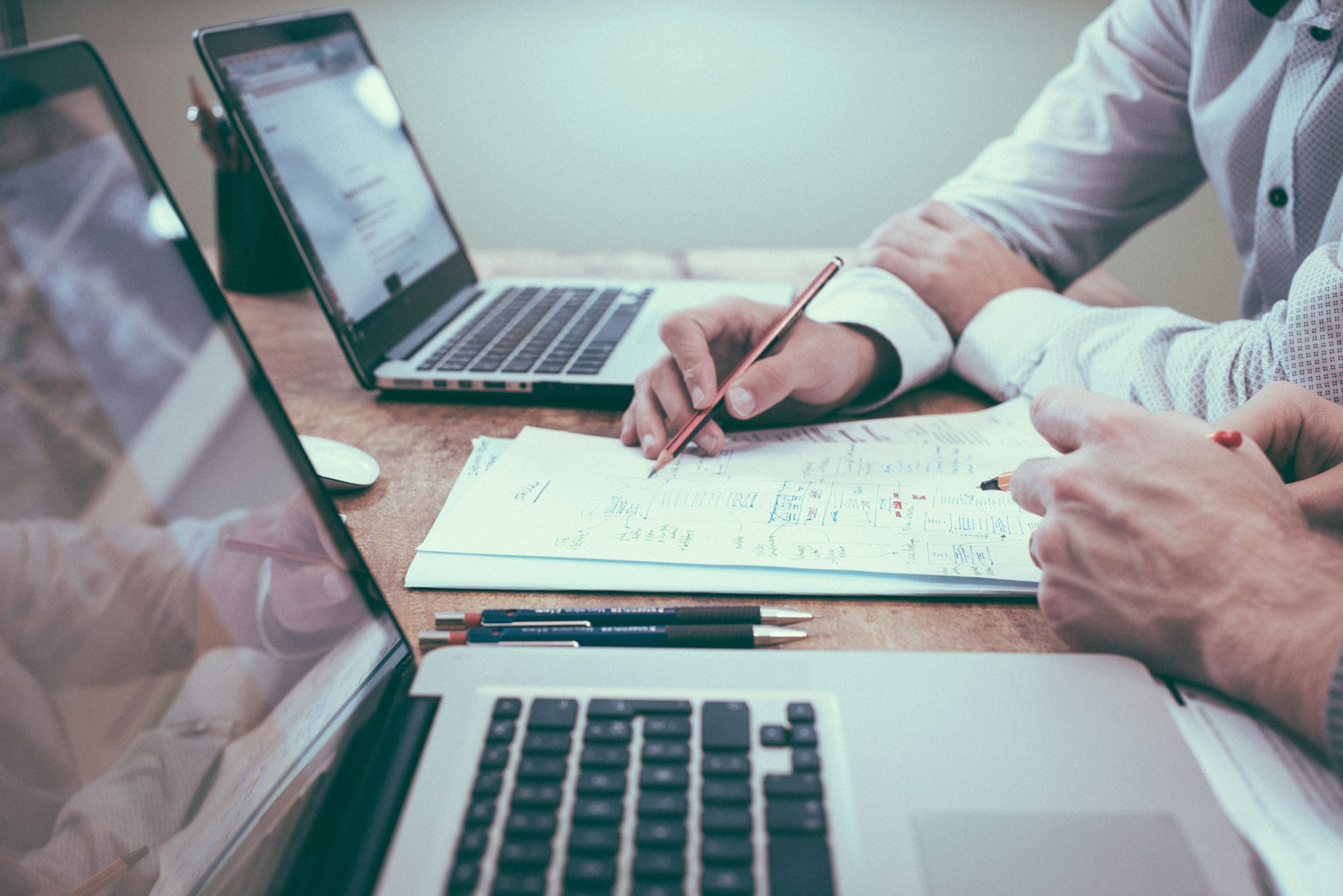Post-Doctoral Pharmacy Fellow: A Day in the Life
Before you go through the rigorous process of trying to become a pharmacy fellow, wouldn't you like to know what it's actually like to be one?

Before you go through the rigorous process of trying to become a pharmacy fellow (click here to see tips on how to get a fellowship), wouldn't you like to know what it's actually like to be one? This post is meant to be an accurate representation of what a day in the life of a post-doctoral pharmacy fellow actually looks like, specifically in the COVID-19 era.

Mornings: For me, every morning starts with coffee anywhere from 5:00 - 6:30 in the morning. I've always been a morning person and I know when I function best professionally. Back in high school, I noticed that I did my best work in the wee hours of the morning. So now when I have complex projects to work on or tests to study for, I purposely schedule those tasks to be completed before 10:00am. It feels good to think that I am getting the majority of my day's work in before the rest of the office is even online.
The actual tasks that I perform in the morning will vary widely. One good thing about being a fellow is that no day looks the same. One morning I may be editing a medical information letter on melanoma clinical trial outcomes. On another, I may have early meetings with animators on the other side of the world trying to create a mechanism of action video for a novel immunotherapy. Maybe on Tuesday I'll be creating PowerPoint decks meant to train the field medical team in a specific therapeutic area, and on Wednesday I'll be traveling to another state for professional networking sessions. You never know what you're going to get, and for this reason I also set aside some time every morning to check my calendar and plan out my week (something that helped a lot in pharmacy school).

Afternoons: The afternoons for me are typically less productive from an individual standpoint and tend to focus on meetings with colleagues. Again, afternoons can be as unpredictable as mornings. I may be in the city visiting another of my company's sites, at my home office in meetings with preceptors and other fellows, or maybe I had a dentist appointment and scheduled time out of the office. Things are especially flexible with remote work. I can walk my dog while I grab a bite to eat or have a conversation with my wife. The point is, your schedule is your own. As long as you get work done in a timely manner and attend your meetings, no one really cares what you're doing at any given time. There's no clocking in and out and no documenting hours, just timelines and expectations that you meet them.

Evenings: As the day winds down people will start to show up as "away" on their status message. At my company, there are summer hours in place which means that on Fridays most people are offline around noon or 1:00 pm. On normal weekdays you can expect to be done around 5:00 pm, but it really all depends. Only occasionally do I feel the need to work past 5:00 pm, especially because I start work so early. For me, a better gauge of when to stop working is when I feel that I've put in a good day's effort. Feeling like I didn't do enough that day is something that can keep me up at night, so I avoid those emotions at all costs. I tend to spend my evenings with my wife and dog either going on walks, browsing Netflix, or re-reading Harry Potter for the 10th time. I also tend to use this time for exercise, whether that be running or weightlifting. Either way, it's important to properly wind down and get away from work before I hit the mattress. Otherwise my mind is running with what I'll be doing the next day or how I might want to change the language in that clinical trial summary. Normally I'm asleep before 10:00 pm, and looking forward to that cup (or 3) of coffee when I wake up!

